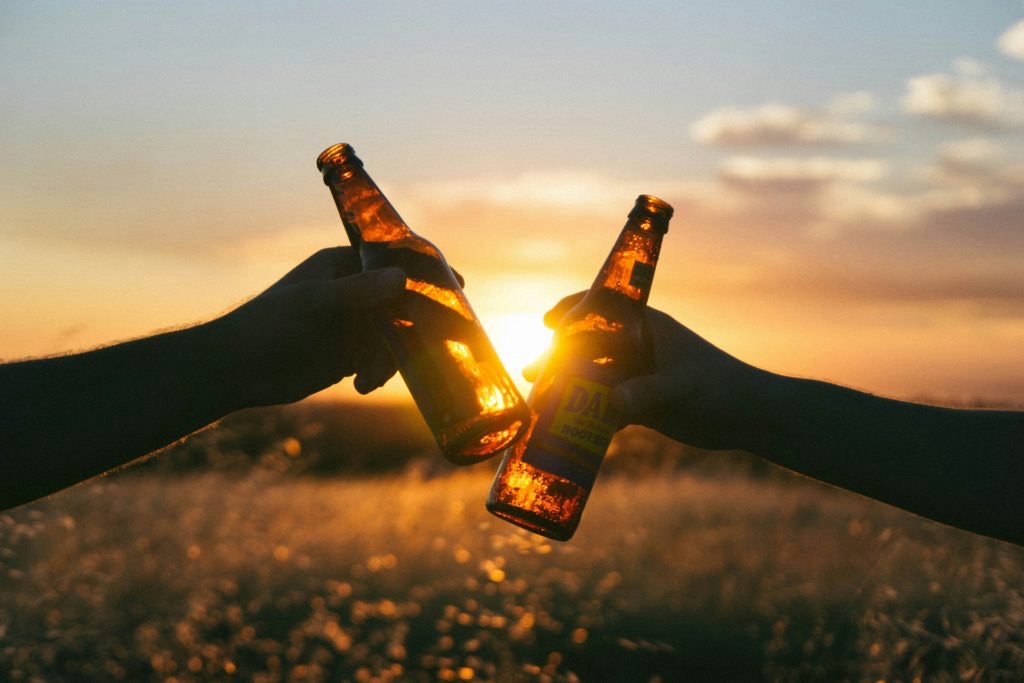A UK medical professional has expressed caution for three specific groups, recommending they avoid alcohol due to potential negative effects on health. While drinking alcohol is a personal choice for most, individuals with certain rare conditions that lead to intoxication may need to consider abstaining sooner than expected, even possibly opting for initiatives like Dry January or becoming a Dry Dater.

Based on the information, Dr. Alex George, a physician and former reality TV contestant, advises individuals diagnosed with Attention Deficit Hyperactivity Disorder (ADHD) to refrain from consuming alcohol.
With approximately 366 million people worldwide diagnosed with ADHD, according to Forbes, Dr. Alex explains that alcohol can worsen impulsivity and exacerbate undesirable ADHD symptoms, while diminishing its positive aspects. Therefore, it’s recommended that individuals with ADHD avoid alcohol. 🚫🍺
Based on the information provided, another group cautioned against alcohol consumption includes individuals dealing with mood disorders or depression, estimated to number around 280 million globally. Dr. Alex George warns that alcohol, being a depressant, can alter the brain with prolonged and consistent consumption.
Dr. Alex also advises individuals struggling to achieve their goals and aspirations to be wary of alcohol consumption. He explains that alcohol can hinder progress and prevent individuals from reaching their full potential. For those facing motivational challenges, Alex suggests refraining from alcohol.
Despite the global prevalence of alcoholism, many TikTok users acknowledge experiencing characteristics of all three aforementioned groups but continue to consume alcohol. In conclusion, a collective Dry January may be beneficial for both mental and physical health. 🚫🍷
Some TikTok users have disclosed their identification with all three groups mentioned by Dr. Alex George in his alcohol awareness message: individuals with ADHD, mood disorders or depression, and those grappling with achieving their goals and aspirations. However, experiences vary widely.
Several users have shared success stories of quitting alcohol and encouraged others to follow suit. One person mentioned being alcohol-free for over two years, highlighting that while isolation can sometimes feel monotonous, it’s preferable to the anxiety and discomfort caused by alcohol. Another individual shared their journey of abstaining from alcohol for a year and realizing they no longer felt the need to return to it.
It’s important to recognize that everyone’s journey is unique, and quitting alcohol may pose different challenges for each individual. If you find yourself struggling with alcohol consumption and believe you may need support, it’s advisable to seek assistance from a medical professional or a support group. 💪🏼🚫🍺
